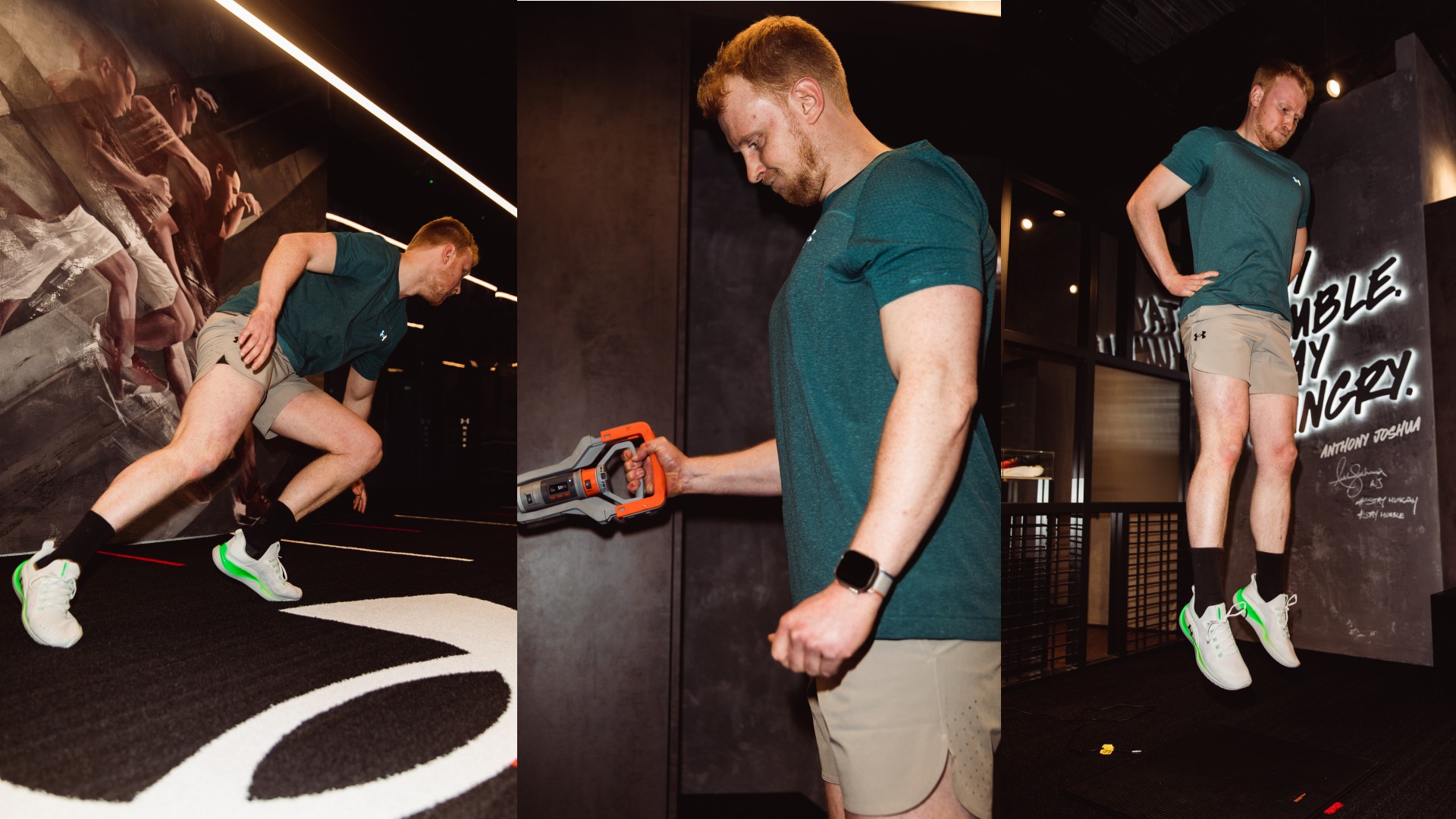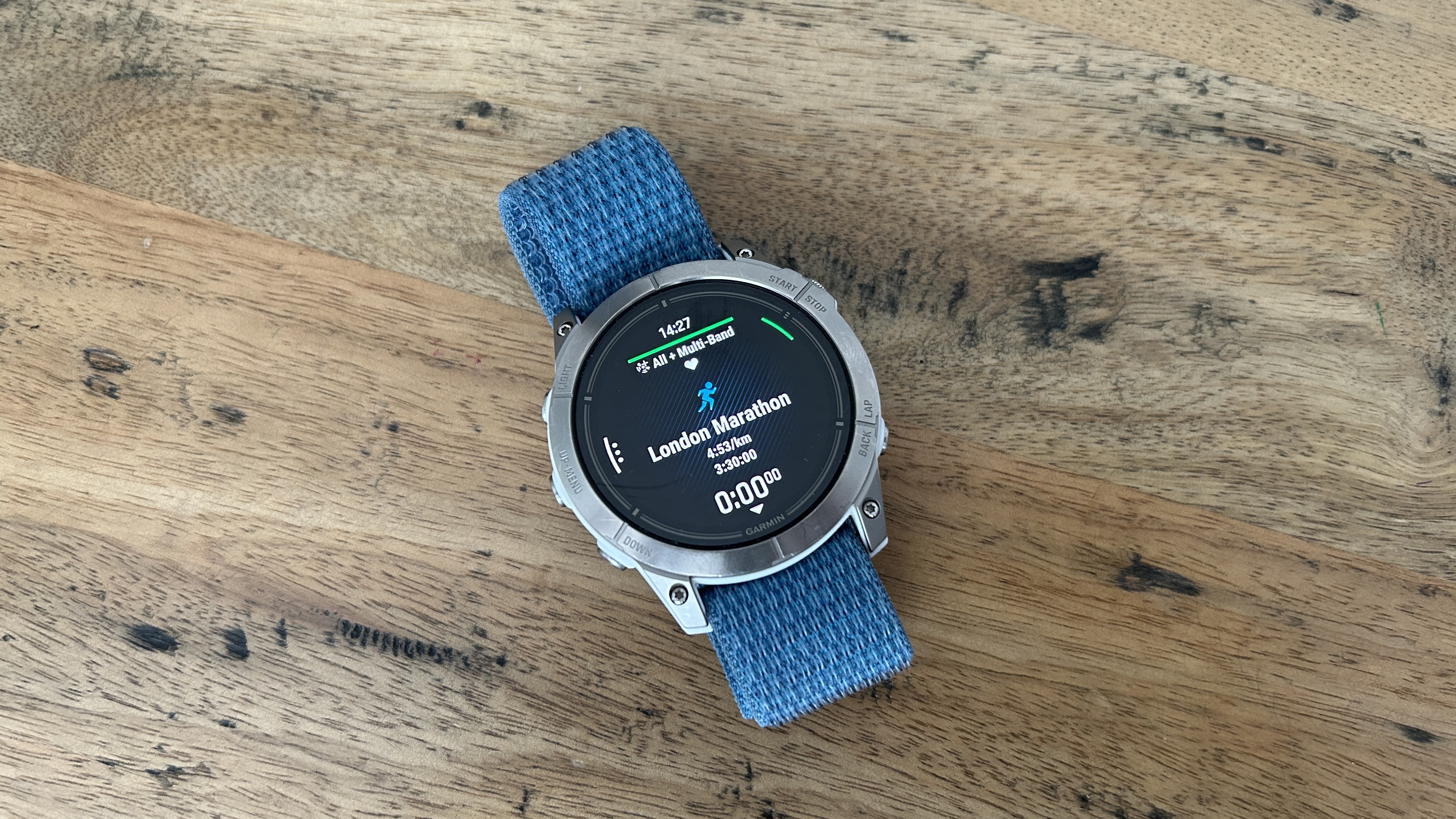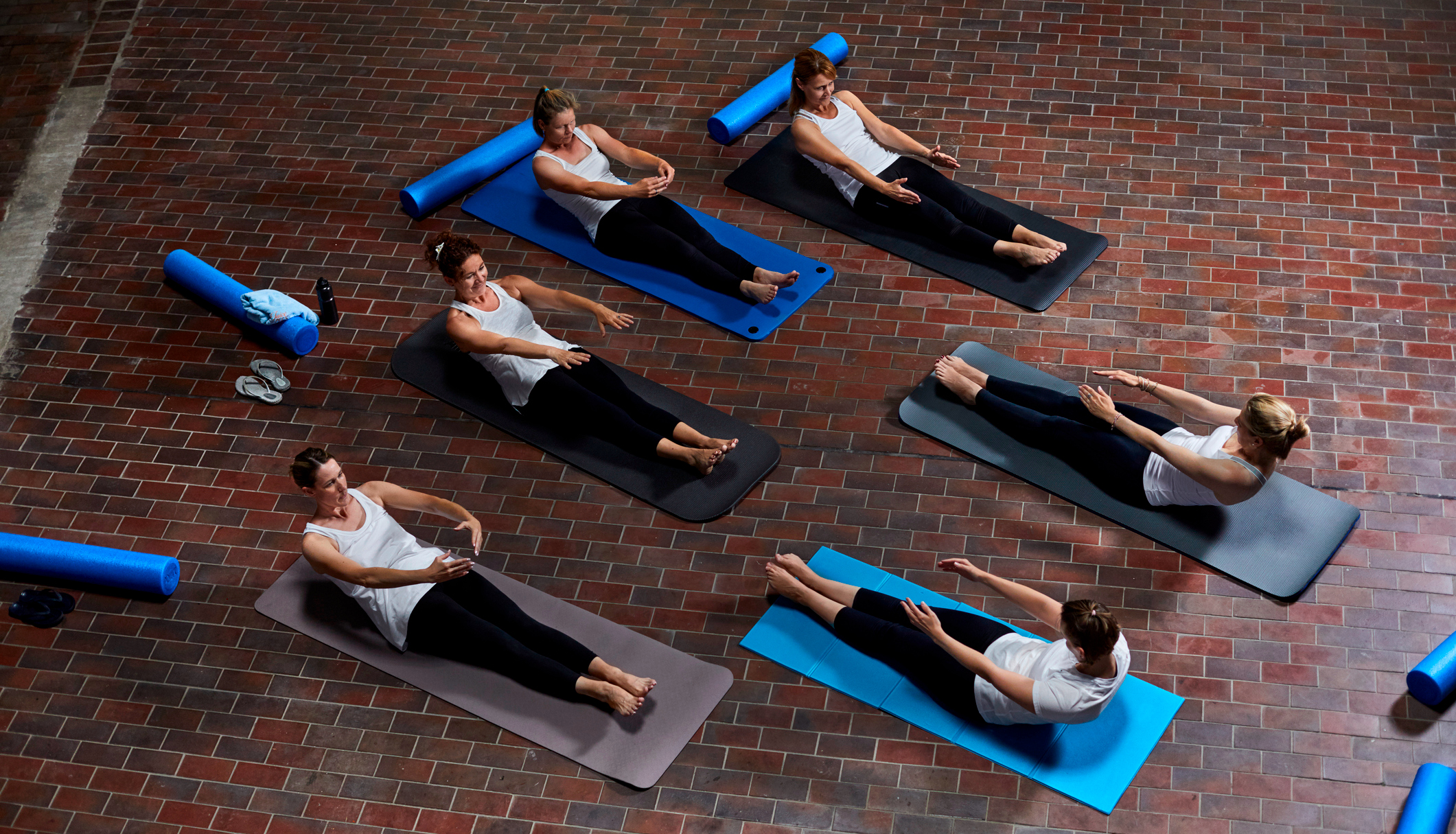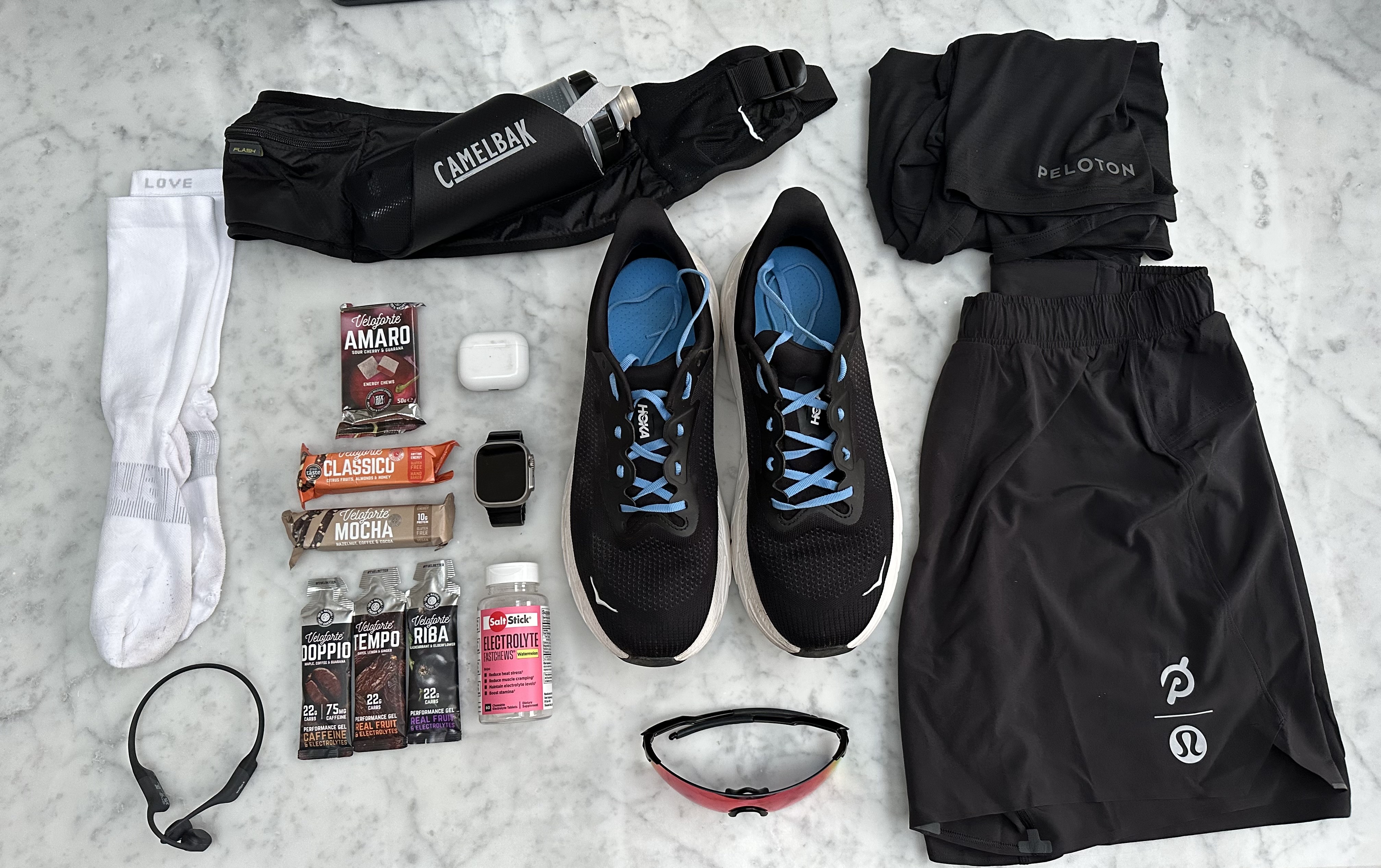What Doctors Want You to Know
Plus, exciting developments coming our way
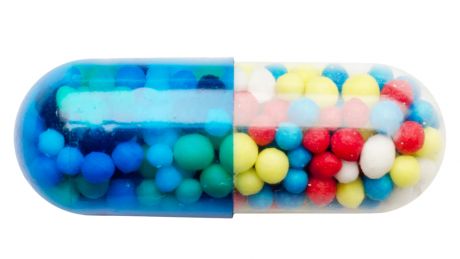
Doctors – when not removing the saucepans from children’s heads they’re writing at great length in obscure journals. Is it possible these unread periodicals contain some magnificent revelations? Coach asked some of the men and women of the stethoscope to summarise.
Dr Aseem Malhotra
Cardiologist, published in The BMJ
What’s the one piece of information you want us to know?
Easily the biggest threat to our health is over-medication, mass medication, and the lack of transparency in patient conversations with doctors about the risks and benefits associated with drugs. Side-effects are grossly under-reported. The system is incentivised for over-prescribing and hitting targets; it removes patient preference. Prescription drugs (for chronic diseases) are the third most-common course of death after cancer and heart disease. There’s too much commercial influence over science and medical education.
What’s the most exciting development coming our way?
Lifestyle medicine; the future will be dictated by the impact of simple lifestyle changes on health. You can feasibly control and reverse type 2 diabetes by dietary changes and by reducing medication, providing doctors give you the information to make a decision. “Eat less and move around more” is rubbish, people need specifics.
Dr Malhotra presents The Big Fat Fix, which premieres at the Houses of Parliament on July 21
Dr Alexis Bailey
Senior lecturer in neuropharmacology at St George’s, University of London, published in Addiction Biology
What’s the one piece of information you want us to know?
Drug addiction is a disorder of the brain. It’s a mental illness, not a personality disorder. Genes have been identified that make people more vulnerable to addiction. Loneliness and the associated stigma are both a cause and consequence; increasing social interaction seems to be key in recovering. It’s one reason why organisations such as AA, which bring people together to talk, seem to be effective in some cases.
Get the Coach Newsletter
Sign up for workout ideas, training advice, reviews of the latest gear and more.
What’s the most exciting development coming our way?
We’re developing a new application for a known drug, based on the hormone oxytocin. It targets abstinence. It may prevent relapse when detoxing, which is the most common problem in alcohol, smoking, opiate and crack addiction, and there’s no real treatment to prevent it. Within the next year we’ll have preliminary results showing its effectiveness.
Professor Philip Newsome
Director of the Centre for Liver Research, University of Birmingham, published in The BMJ’s Gut
What’s the one piece of information you want us to know?
Of the top five causes of death in the UK, the only one that’s still rising at a high level is liver disease. It’s the commonest cause of premature deaths. People assume it’s alcohol-related but there are lots of causes: one of the commonest relates to obesity. It’s never too late to change your lifestyle.
What’s the most exciting development coming our way?
We’re on the brink of new medicines to treat the injured liver. With long-standing damage the liver scars, which can lead to cirrhosis (this is when the liver has been chronically injured; there’s a reduction in the number of liver cells and the normal architecture of the liver becomes disordered and replaced with fibrotic scar tissue). If you stop the insult (such as drinking) and reduce the damage, the liver remodels its scars and can return to normal.
Dr Adeera Levin
President of the International Society of Nephrology, published in The Lancet
What’s the one piece of information you want us to know?
One in 10 adults has some form of kidney disease. It ultimately increases the odds of bad things happening; not just dialysis and transplantation but increased risk of life-impacting heart disease, infections and hypertension. If your kidneys are quietly failing, symptoms include your legs swelling, feeling itchy, high blood pressure and a headache.
What’s the most exciting development coming our way?
The kidney fails because it scars, but there are some promising anti-scarring therapies. We now understand some of the mechanisms as to how and why the kidney scars itself.
Dr Nicole Valtorta
Researcher in public health at the University of York, published in The BMJ’s Heart
What’s the one piece of information you want us to know?
If you’re lonely early on in life, it will affect your physical health later on. Being lonely in a crowd is more detrimental than being lonely and isolated, probably due to increased stress. You can be socially isolated but happy, if it’s a choice. There’s a clear link with loneliness and depression and I’m looking at cardiovascular disease and cancer developing later on.
What’s the most exciting development coming our way?
People are lonely for a range of reasons; in the near future we’ll have information as to whether interventions that target loneliness can reverse its negative effects on health.
Dr Ida Siobhan Svendsen
Physiologist with the Norwegian Olympic Committee, published in the British Journal Of Sports Medicine
What’s the one piece of information you want us to know?
Supplements (protein powder, vitamins etc) are seen as a quick fix, but you need to do the basics well first. Sleeping enough (if it’s less than seven hours nightly, you’re three times more likely to contract a cold), eating healthily and recovering well between training sessions all give a much bigger improvement. Supplements may add a final one-to-two per cent, once everything else is in place, and this is true for pretty much all supplements that are intended to improve health and performance. Many have little scientific evidence that they have any meaningful effect in healthy individuals, unless they are suffering from a specific deficiency such as anaemia. Vitamin C and glutamine, for example, are intended to improve immune function; most of these have been shown to have very little positive effect. I work with elite athletes but it’s true for everyone; there is no magic bullet.
What the most exciting development coming our way?
Vitamin D deficiency is directly linked to colds, and upper respiratory infections and it’s the one supplement I’d recommend to everyone to maintain a good immune system in the winter.
Dr Niels Vollaard
Exercise physiologist at Bath University, published in the European Journal Of Applied Physiology
What’s the one piece of information you want us to know?
Our research into HIIT (high intensity interval training) using specialist cycles shows that 10 minutes of easy pedalling with just two 20-second cycle sprints at high intensity is more effective than doing 10 minutes of easy pedalling with ten 20 second cycle sprints, which would reduce the intensity. You could ultimately put these bikes in offices; you don’t even need to get changed or shower.
What’s the most exciting development coming our way?
We’re developing predictors where we analyse a cheek swab or small blood sample for personalised programmes including types of exercise, or pharmaceuticals or dietary help. Not everyone improves their fitness with exercise.
Professor Chris Main
Professor of clinical psychology (pain management) at Keele University, published in Pain
What’s the one piece of information you want us to know?
There isn’t a straightforward relationship between injury and pain; it changes across time. People’s perception of pain is influenced by their pain history. A significant episode of pain, or pain that persists can influence our beliefs about pain; whether it’ll respond to treatment and how it affects us in terms of our activity and mood. Chronic pain is a condition in its own right; it can produce changes in the brain which make it less effective in shutting out pain. We’re developing self-help strategies to try to counteract this.
What’s the most exciting development coming our way?
New studies are using fMRI (functional magnetic resonance imaging), to understand the differences in individuals and their perception of pain. The Start Back trial at Keele University identified people at risk of developing chronic pain, to target intervention based on prognosis or risk, and prevent pain becoming disabling and distressing.




